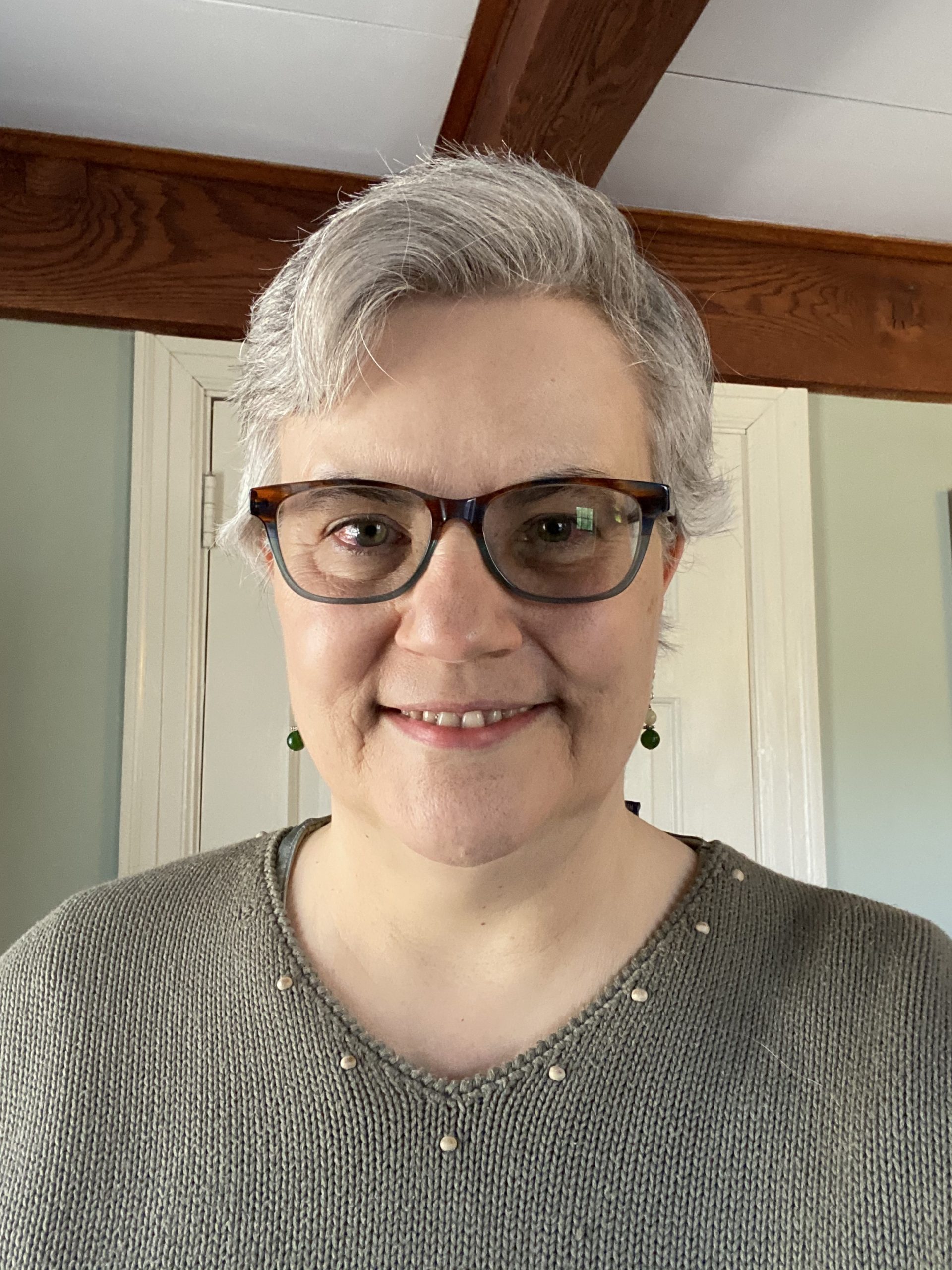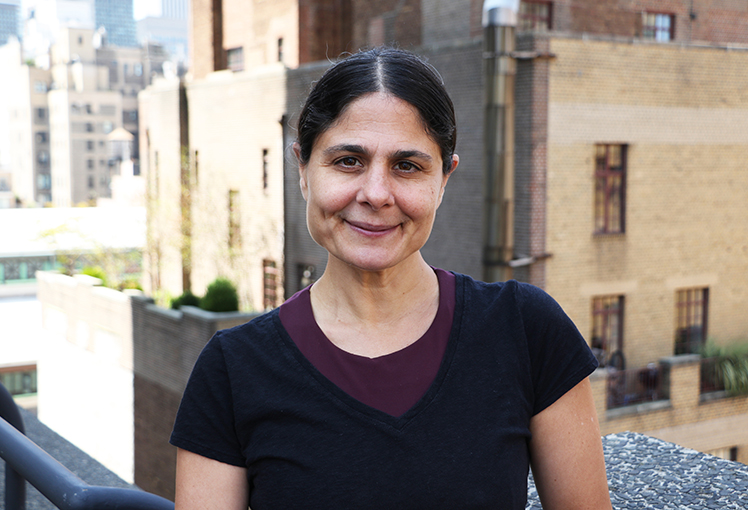Course Description
This course addresses the complex questions of how variation in the quantity, quality and timing of children’s linguistic input affects their language acquisition outcomes, and how those outcomes challenge the way we do language acquisition research involving deaf and hard of hearing (DHH) children. We will begin by surveying the wide variability in language acquisition outcomes that have been reported for DHH, including those associated with early language deprivation. On one hand, profound cognitive and linguistic impacts of early language deprivation are well documented, underscoring the urgency of improving early sign language access for all DHH children, even those who use amplification to access spoken language (Secora and Smith, 2021). At the same time, the disability literature decries the ableist characterization of DHH people who experienced language deprivation as “languageless” or “language disordered,” arguing for broader recognition of all types of languaging, including those marked by language deprivation, as equally valid (Henner and Robinson, 2021). We will consider each of these ostensibly contradictory viewpoints in turn, and explore how they can contribute to more responsible research practices and equitable intervention practices for DHH children and their families.
NOTE: This course will be presented in ASL. To ensure that it is accessible to all participants, there will be ASL interpreting for all class meetings.
Area Tags: Sign Languages, Acquisition, Variation, Social Justice, Modality, Language Transmission
(Sessions 1 & 2) Monday/Thursday 1:30pm – 2:50pm
Location: ILC N400
Instructors: Deborah Chen Pichler, Diane Lillo Martin, & Elaine Gale
Dr. Deborah Chen Pichler is a hearing professor of Linguistics at Gallaudet, specializing in generative linguistics and language acquisition. Her current research project, in collaboration with Diane Lillo-Martin and Elaine Gale, focuses on bimodal bilingual acquisition of ASL and English by deaf and hard of hearing children (as first languages) and acquisition of ASL by their hearing parents (as a second language). She also studies bimodal bilingual development by children of deaf families who are heritage signers of ASL (codas and deaf children with cochlear implants).

Dr. Diane Lillo-Martin is Board of Trustees Distinguished Professor and Department Head of Linguistics at the University of Connecticut, where she also runs the Sign Language and Language Acquisition Lab. Her current research focus is the Family ASL project, looking at language acquisition by deaf children learning ASL with their hearing families, as well as how the parents themselves learn ASL. She also studies sign language acquisition by deaf children with deaf parents, and bimodal bilingualism in hearing adults, hearing children, and deaf children who sign and use hearing technology. These studies contribute to a better understanding of the human language faculty.

Dr. Elaine Gale is an associate professor and program leader for the deaf and hard of hearing teacher preparation program at Hunter College, City University of New York (CUNY). She is currently investigating bimodal bilingual acquisition by deaf children of hearing parents with Drs. Diane Lillo-Martin and Deb Chen Pichler. She also is serving as the chair of the Deaf Leadership International (DLIA), an organization that advocates for deaf adult involvement throughout the early intervention system collaborating with professionals and connecting with young deaf children and their families.

Diane Lillo Martin will be teaching all 4 weeks of this course. Deborah Chen Pichler will be teaching during Session 1 and Week 4. And Elaine Gale will be teaching during Session 1 only.